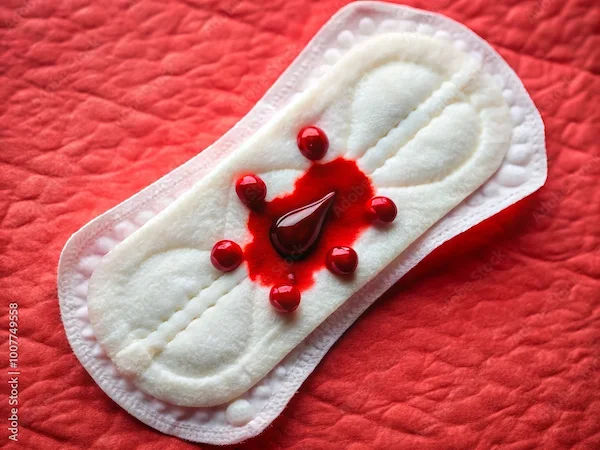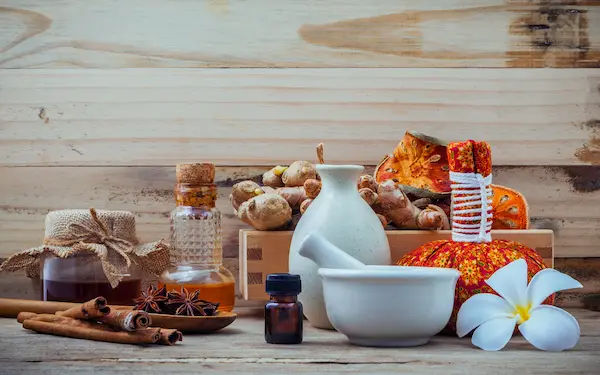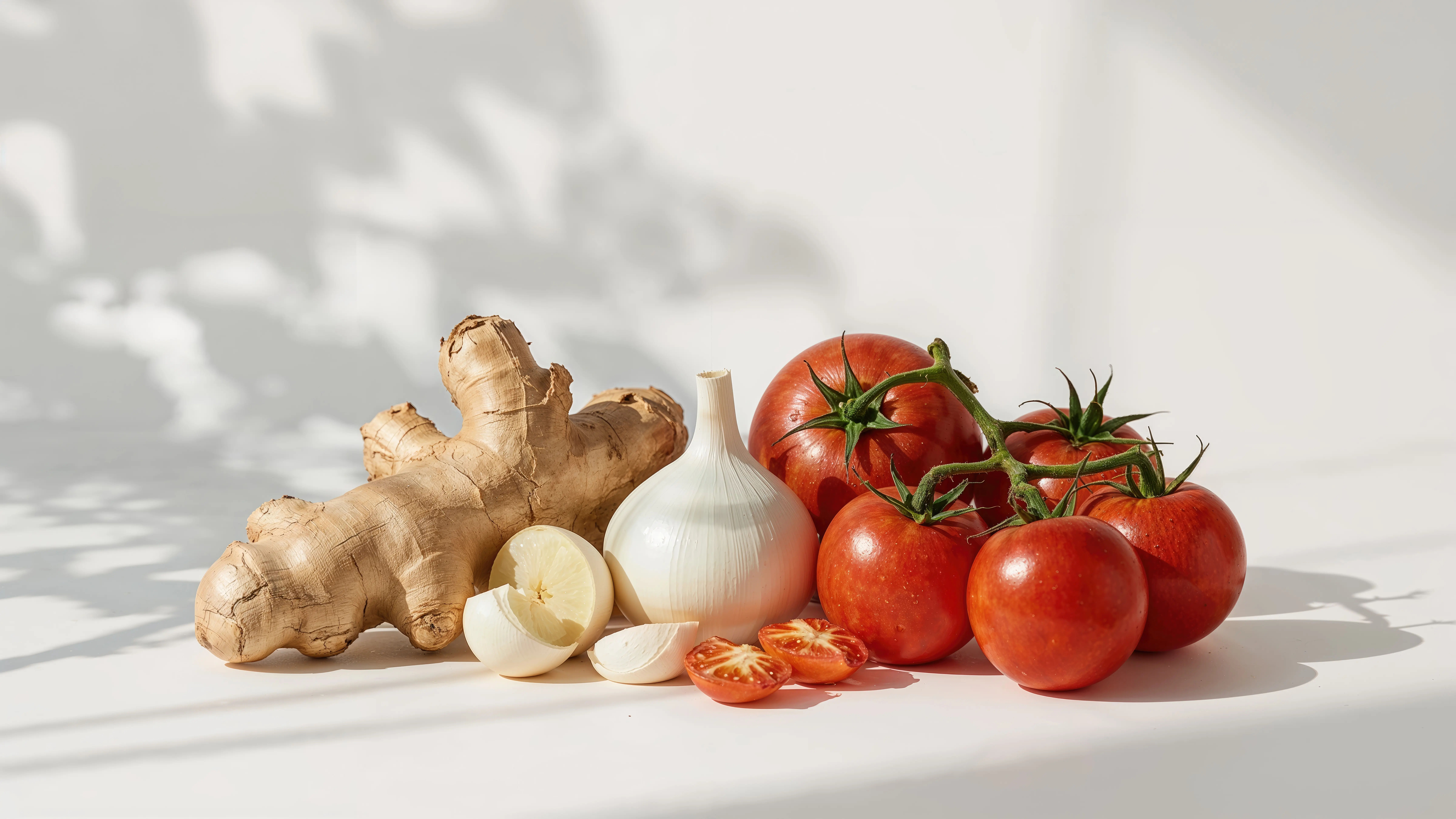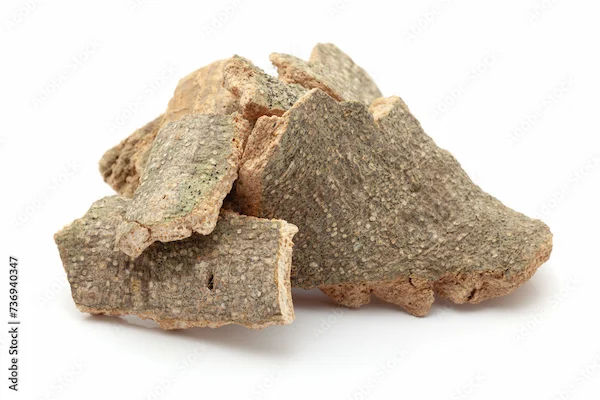Understanding Calluses: Causes and Treatment
Calluses are thickened skin patches caused by friction or pressure. Discover what causes them, how to treat them at home, and when to seek medical advice for relief.

Written by Dr. Siri Nallapu
Reviewed by Dr. D Bhanu Prakash MBBS, AFIH, Advanced certificate in critical care medicine, Fellowship in critical care medicine
Last updated on 21st Aug, 2025

Calluses are a common skin condition that many people experience at some point in their lives. While they are usually harmless, they can sometimes cause discomfort or pain. If you’ve ever noticed thick, rough patches of skin on your hands or feet, you may have had a callus. In this article, we’ll explore what calluses are, why they form, how to treat them, and ways to prevent them from coming back.
What Are Calluses?
Calluses are areas of thickened skin that develop in response to repeated friction, pressure, or irritation. They usually appear on the hands, feet, or other parts of the body that experience frequent rubbing. Unlike corns (which are smaller and have a hard center), calluses are generally larger and spread out over a broader area.
Common Symptoms of Calluses:
- Thick, rough, or hardened skin
- Dry or flaky patches
- Yellowish or grayish discoloration
- Mild pain or tenderness (especially when pressure is applied)
What Causes Calluses?
Calluses form as a natural defense mechanism to protect the skin from excessive friction or pressure. Some common causes include:
1. Ill-fitting shoes – Tight or poorly cushioned footwear can create pressure points on the feet.
2. Repetitive activities – Manual labor, playing musical instruments, or using tools can cause calluses on the hands.
3. Walking barefoot – Constant exposure to rough surfaces can lead to calluses on the feet.
4. Bone deformities – Conditions like bunions or hammertoes can increase friction in certain areas.
5. Athletic activities – Runners, dancers, and athletes often develop calluses due to repetitive motion.
How to Treat Calluses at Home
Most calluses can be managed with simple home remedies. Here are some effective ways to soften and reduce them:
1. Soak and Exfoliate
- Soak the affected area in warm, soapy water for 10-15 minutes to soften the skin.
- Gently rub the callus with a pumice stone or foot file to remove dead skin.
2. Moisturize Regularly
- Apply a thick moisturizer or urea-based cream to keep the skin soft and prevent cracking.
3. Use Protective Padding
- Cushion the callus with moleskin or gel pads to reduce friction.
4. Wear Comfortable Footwear
- Choose well-fitting shoes with good arch support and cushioning.
5. Avoid Cutting Calluses
- Never use sharp objects like razors to remove calluses, as this can lead to infection.
When to See a Doctor
While most calluses are harmless, you should consult a doctor if:
- The callus becomes very painful or inflamed.
- You have diabetes or poor circulation (as foot care is critical).
- There is bleeding, pus, or signs of infection.
A healthcare provider can safely remove thickened skin or recommend specialized treatments like custom orthotics for foot-related calluses.
Consult Top Specialists
Preventing Calluses
Prevention is always better than cure. Here’s how you can reduce the risk of developing calluses:
- Wear properly fitted shoes – Avoid tight or high-heeled shoes for long periods.
- Use gloves – Protect your hands when doing manual work.
- Keep skin moisturized – Dry skin is more prone to thickening.
Inspect your feet regularly – Early detection helps in managing calluses before they worsen.
Final Thoughts
Calluses are a common and usually harmless condition caused by repeated friction or pressure. With proper care, they can be managed effectively at home. However, if they cause significant discomfort or if you have underlying health conditions like diabetes, it’s best to seek professional advice.
If you need expert guidance or treatment, you can book a consultation with a dermatologist or podiatrist through Apollo 24|7.
Consult Top Specialists
Consult Top Specialists
Dr. Gaddam Manoj
General Practitioner
1 Years • MBBS
Hyderabad
Aaradhya clinic, Hyderabad

Dr Syed Mateen Pasha
General Physician
2 Years • MBBS
Bengaluru
PRESTIGE SHANTHINIKETAN - SOCIETY CLINIC, Bengaluru

Dr. Anand Ravi
General Physician
2 Years • MBBS
Bengaluru
PRESTIGE SHANTHINIKETAN - SOCIETY CLINIC, Bengaluru

Dr. Syed Ismail Ali
General Practitioner
7 Years • MBBS
Hyderabad
Apollo 24|7 Clinic, Hyderabad

Dr. Madhuri Sai Sreepada
General Practitioner
9 Years • MBBS
Hyderabad
BRIGHT SMILES MEDICARE & DENTAL CARE, Hyderabad
Consult Top Specialists
Dr. Gaddam Manoj
General Practitioner
1 Years • MBBS
Hyderabad
Aaradhya clinic, Hyderabad

Dr Syed Mateen Pasha
General Physician
2 Years • MBBS
Bengaluru
PRESTIGE SHANTHINIKETAN - SOCIETY CLINIC, Bengaluru

Dr. Anand Ravi
General Physician
2 Years • MBBS
Bengaluru
PRESTIGE SHANTHINIKETAN - SOCIETY CLINIC, Bengaluru

Dr. Syed Ismail Ali
General Practitioner
7 Years • MBBS
Hyderabad
Apollo 24|7 Clinic, Hyderabad

Dr. Madhuri Sai Sreepada
General Practitioner
9 Years • MBBS
Hyderabad
BRIGHT SMILES MEDICARE & DENTAL CARE, Hyderabad




